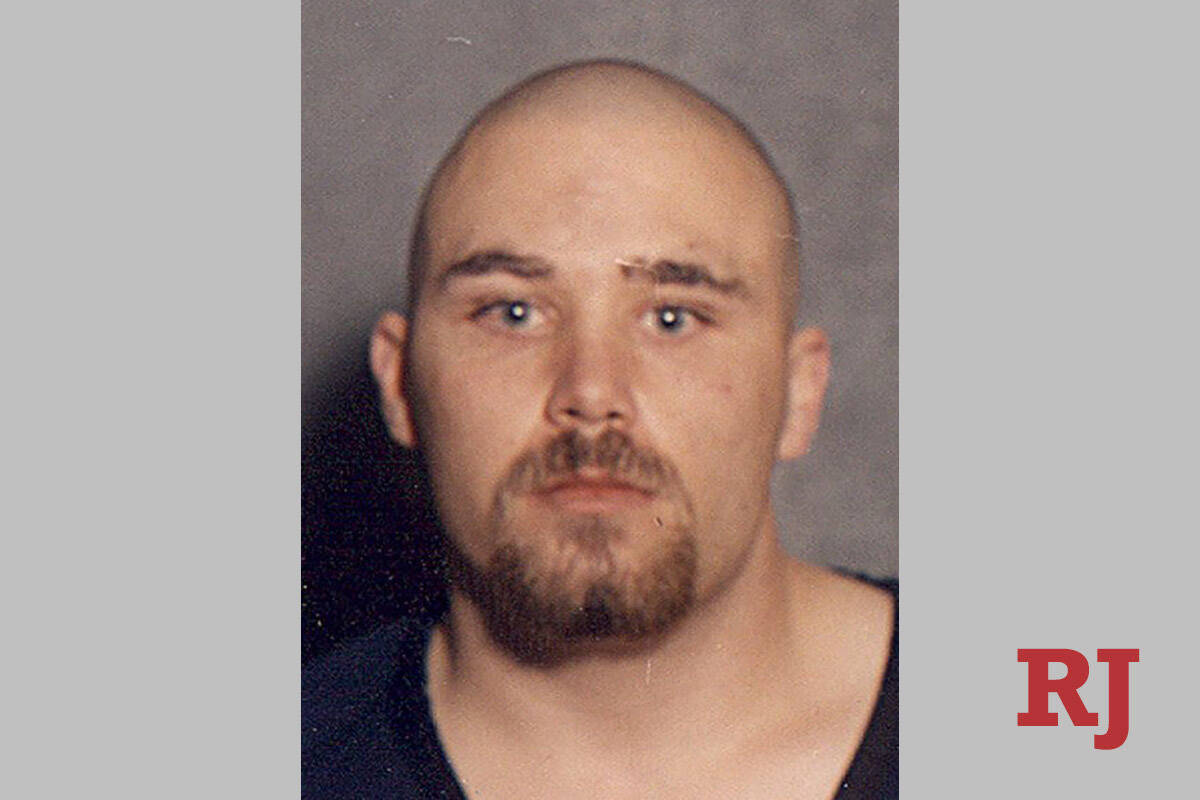Nevada prisons chief testifies about execution drugs, protocol
Nevada Department of Corrections Director Charles Daniels testified Friday that of all the potential complications from death row inmate Zane Floyd’s proposed execution, he is most concerned about the state’s drug supply.
“My primary concern, quite frankly, is that all the necessary pharmaceuticals will expire,” Daniels told U.S. District Judge Richard Boulware.
State law authorizes Daniels to plan and carry out execution protocols. While he is required to consult with Nevada’s chief medical officer about the drugs the state plans to use, the officials do not have to come to an agreement.
Daniels’ testimony came during the second phase of an evidentiary hearing into the state’s proposed plan to execute the 46-year-old. Floyd’s lawyers, Assistant Federal Public Defenders David Anthony and Brad Levenson, called expert witnesses during a three-day hearing last month.
During the hearing Friday, Daniels confirmed that the state’s supply of ketamine, one of the drugs intended to be used to execute Floyd, will expire in late February.
Floyd was sentenced to die for fatally shooting four people and gravely wounding another in a Las Vegas grocery store more than two decades ago. He also was convicted of repeatedly raping a woman before the shooting.
In late June, Boulware issued a stay of Floyd’s execution and prevented prosecutors from moving forward until mid-October.
Experts called by Floyd’s lawyers testified in November that the planned drug cocktail could cause extreme suffering while Floyd is paralyzed and suffocating.
The drugs include ketamine, an anesthetic similar to PCP, and the painkiller fentanyl or the similar drug alfentanil, and potassium chloride or potassium acetate. According to court documents, the proposed protocol from the Department of Corrections indicates that the state also may use cisatracurium, a paralytic drug.
Protocol questioned
Experts called by the state this week testified that the proposed dosage of ketamine and fentanyl, which are significantly higher than dosages used during normal general anesthesia procedures, are likely to render Floyd unconscious and unfeeling within seconds.
Many of the questions Daniels answered on Friday concerned the decisions he could make about the execution, such as the level of training the attending physician should have and if monitors such as an electrocardiogram would be used during an execution.
“I’m not an expert; the answer is I don’t know,” Daniels said about the necessity of an electrocardiogram, which under the state’s current protocol would be turned off during the execution.
“But you have to decide this at some point,” Boulware told the director.
Daniels said the department’s deputy director, William Gittere, will be coordinating training for the medical staff planned to be involved in the execution, which include emergency medical technicians, an attending physician and drug administrators.
Experts called by Floyd’s attorneys testified that the drug administrators, who will be in another room when they insert the lethal combination of drugs into Floyd’s IV line, should have training similar to an EMT, although the state’s protocol does not require them to have specific training.
Gittere said Friday that due to security reasons, a different prison official will select the drug administrators and Gittere will not know their identities or qualifications until days before a scheduled execution.
Gittere will also be in charge of selecting the attending physician, although one has not been hired yet because an execution date has not been set, he said. Gittere told Boulware that of the physicians he is considering for the job, none are anesthesiologists.
A minimum of two training sessions will be required to take place before the execution, Gittere testified, and the drug administrators will not train with the other medical personnel to preserve their anonymity.
Dr. Ihsan Azzam, Nevada’s chief medical officer, testified Thursday that he consulted with Daniels three times this year about the protocol, but that he could not give an opinion on the effectiveness of the proposed drugs.
“There’s no medication that was designed to kill people,” he said.
Azzam was named as a defendant in the federal case with the Department of Corrections, but Boulware on Friday dismissed the doctor from the case.
“I don’t find that he actually participated in the creation of the execution protocol,” Boulware said.
In August, Floyd’s lawyers filed a clemency petition in District Court asking that his death sentence be commuted.
The petition stated that Floyd suffered from brain damage caused by fetal alcohol spectrum disorder and post-traumatic stress disorder from his time in the military and that he endured abuse as a child.
The Nevada Supreme Court also is set to rule on appeals of Floyd’s conviction, which would have to be resolved before the execution could be carried out.
Contact Katelyn Newberg at knewberg@reviewjournal.com or 702-383-0240. Follow @k_newberg on Twitter.


















